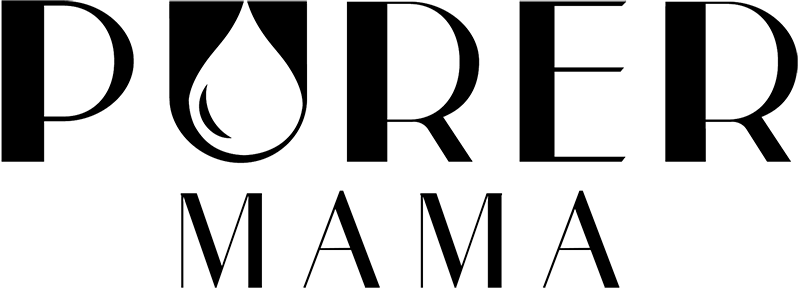Collagen can play an important role in postpartum recovery by supporting tissue repair and promoting wound healing. Here are some ways collagen can be beneficial after birth:
Wound healing: Childbirth can cause tears or incisions in the perineum (the area between the vagina and anus) or the abdominal area in the case of a caesarean section. Collagen is an essential component of connective tissues, and it provides structural support to promote healing of these wounds.
If you are breastfeeding, collagen peptides = protein and are important in blood sugar management, energy levels and a major component of breastmilk
Pelvic floor support: During pregnancy and childbirth, the pelvic floor muscles and connective tissues experience significant strain. Collagen helps maintain the strength and elasticity of these tissues, aiding in their recovery after birth. Strengthening the pelvic floor is important for preventing or alleviating issues such as urinary incontinence or pelvic organ prolapse.
Skin elasticity: after birth, the skin may take some time to regain its elasticity. Collagen supports skin health and elasticity, potentially helping the skin to bounce back and reduce the appearance of stretch marks.
Joint and ligament recovery: Pregnancy hormones, such as relaxin, can loosen ligaments and joints to prepare for childbirth. After delivery, collagen can contribute to the recovery and tightening of these structures, supporting joint stability and reducing discomfort.
Breast tissue health: Collagen is a vital component of breast tissue, and it can help maintain the integrity and firmness of the breasts. After breastfeeding, collagen may aid in restoring the elasticity and shape of the breast tissue.
So, it’s a good idea to make taking collagen a part of your plan in supporting your body's recovery after birth.

